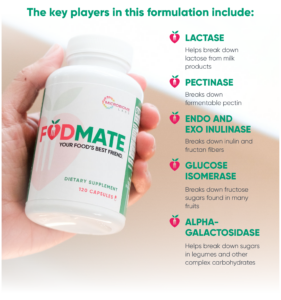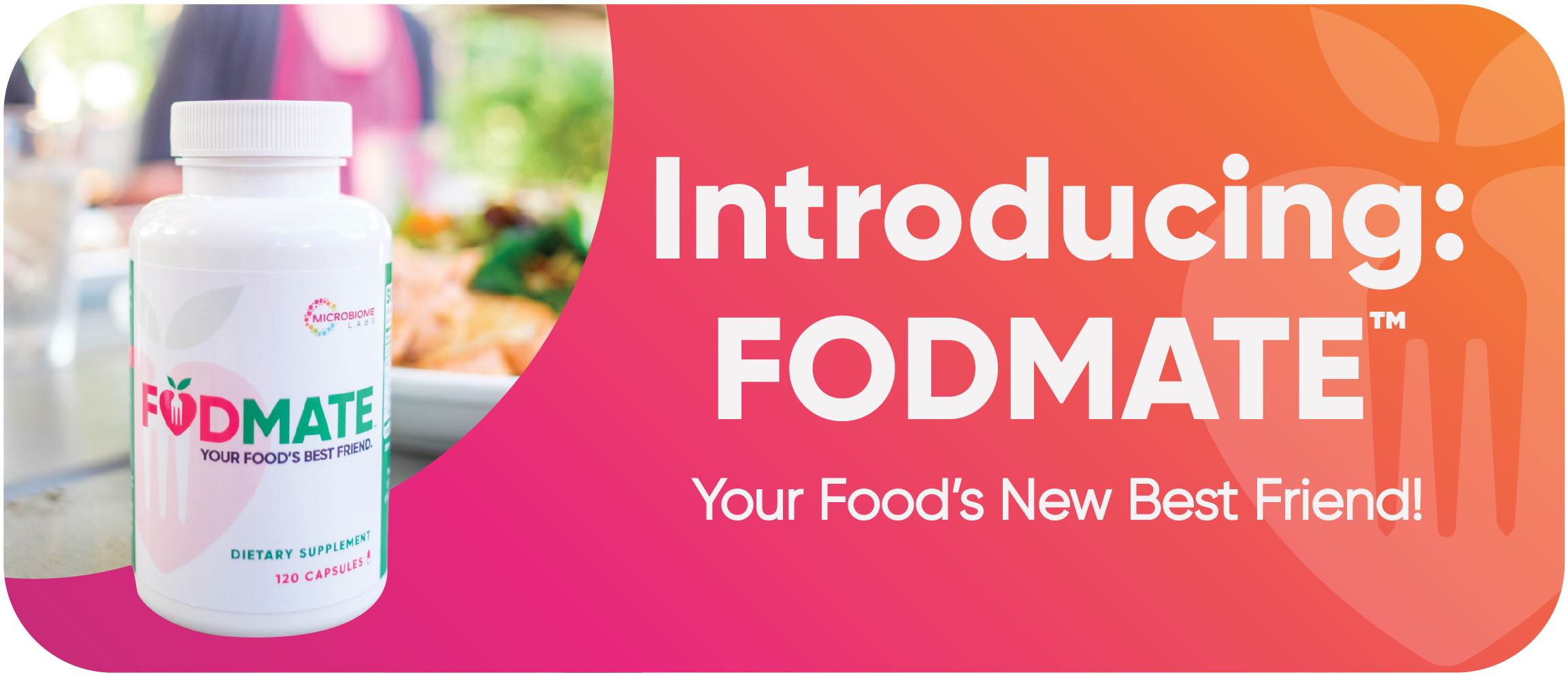 Bloating and visible abdominal distention after meals is a frequent complaint of people suffering from irritable bowel syndrome (IBS), but even generally healthy people sometimes have these complaints.
Bloating and visible abdominal distention after meals is a frequent complaint of people suffering from irritable bowel syndrome (IBS), but even generally healthy people sometimes have these complaints.
These symptoms are thought to be due to fermentation of food that escapes our digestive processes. Some sugars and oligosaccharides end up at the far end of our small bowel and cecum, where they become food for our resident microbes.
To manage this problem, medical organizations recommend antibiotics to suppress the microbial growth in our small intestine (known as small intestinal bacterial overgrowth or SIBO) or avoidance of foods that contain fermentable oligosaccharides, disaccharides, monosaccharides and polyols, called a low “FODMAP” diet.
These approaches are generally successful in reducing symptoms, but do not provide permanent relief. Even worse, both approaches are known to disrupt the entire gut microbial ecosystem (not only at small bowel and cecum). Whereas a healthy microbial gut ecosystem has many different types of bacteria, antibiotics deplete them. The low FODMAP diet deprives beneficial bacteria of the food they like to eat, and these species wane.
Basics
FODMAPs stands for Fermentable Oligosaccharides, Disaccharides, Monosaccharides, and Polyols. They are found in certain foods such as garlic, onions, beans, and lentils. FODMAPs are usually beneficial compounds but can cause digestive distress when there’s an imbalance in the gut microbiota, aka gut dysbiosis.
The health benefits of consuming fermentable, prebiotic fibers are irrefutable — these fibers feed the microbiome and provide other well-documented digestive support. Yet, these fermentable fibers can be difficult to break down and can cause health disturbances when left partially undigested.
On a low FODMAPs diet, you not only need to avoid the common dietary offenders like dairy and gluten, but even seemingly harmless foods like garlic, onions, mangos, tomatoes, asparagus, Brussels sprouts, squash, most grains, honey, and more.
While a low FODMAP diet can help reduce digestive problems, it doesn’t specifically address the root causes of those problems. When FODMAP fibers don’t get broken down correctly in the gut, it can lead to dysbiosis, producing digestive issues. Thus, it’s essential to investigate and address the root causes of your symptoms while using the diet if you wish to fully recover your digestive health.
Wellness Strategy
 Fortunately, Microbiome Labs’ team of microbiologists, dieticians, and clinical practitioners have developed FODMATE™, a state-of-the-art digestive enzyme supplement to support proper FODMAPs digestion while rebalancing your gut microbiome. FODMATE™ contains a unique blend of enzymes unlike any other supplement on the market — it targets FODMAPs consumed in the diet, helping to break them down.
Fortunately, Microbiome Labs’ team of microbiologists, dieticians, and clinical practitioners have developed FODMATE™, a state-of-the-art digestive enzyme supplement to support proper FODMAPs digestion while rebalancing your gut microbiome. FODMATE™ contains a unique blend of enzymes unlike any other supplement on the market — it targets FODMAPs consumed in the diet, helping to break them down.
If you or someone you love suffers digestive issues after consuming high FODMAP foods, Contact me and I’ll gladly share information on how to support digestive recovery through using FODMATE™ as part of your comprehensive health program.










